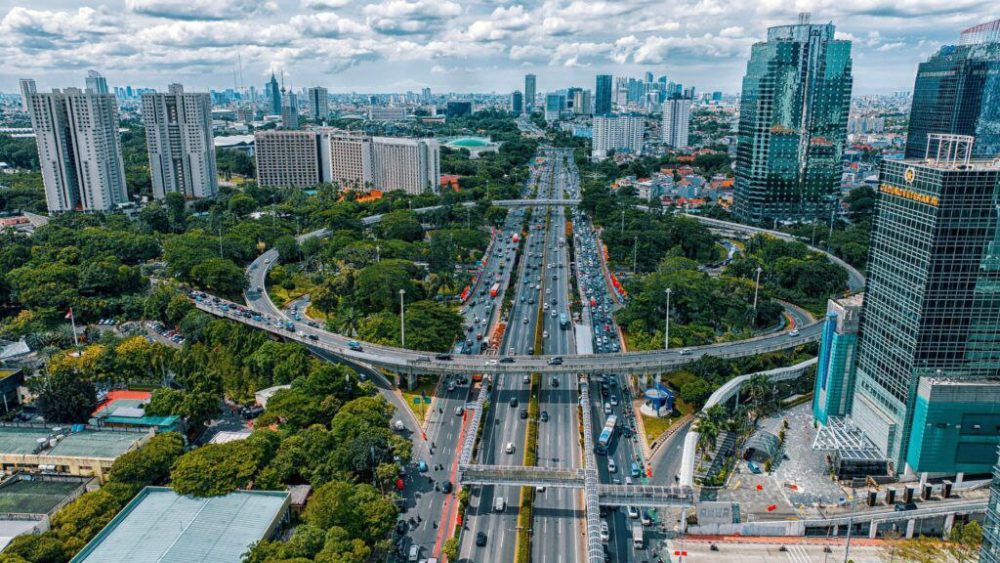While Indonesia’s economic growth was largely expected to slow in the first quarter, few predicted a key drag would come from President Prabowo Subianto’s new government.
Data released this week underscored the extent to which Prabowo’s order for billions of dollars in spending cuts in the first months of his presidency effectively put existing government projects on hold without creating significant new drivers of growth. Money freed up for Prabowo’s signature programmes — including free school meals and public housing — remained largely unspent with programmes still in their infancy.
The state budget limbo that jammed up public spending also left private investment in a wait-and-see mode. Both factors played roles in pulling quarterly economic growth down to 4.87%, Indonesia’s weakest since midway through the Covid-19 pandemic, even as consumer demand held up better than many expected.
The same dynamics will likely keep growth below Indonesia’s usual 5% pace this year, analysts said.
“The construction projects of the past administration have largely finished while those initiated by the new government are still in preparation, leading to a contraction in public capex,” Citigroup Inc. economist Helmi Arman wrote in a note on Monday, referring to
capital expenditure.
Growth in Southeast Asia’s largest economy could slow further to 4.4% in the second quarter, he added, given that government disbursements “will have barely recovered” while a global trade war keeps private capex at bay. Outside of the pandemic years, that growth would be the weakest quarterly print since 2009 during the global financial crisis, according to Bloomberg data.
“Fiscal policy is a key reason
for our caution on the economic outlook,” said Barclays plc economist Brian Tan, who sees 2025 GDP growth at 4.8%, well below the government’s target of 5.2%. “The budget reallocation does not appear to have been completed, implying a continued fiscal drag on economic activity.”
Indonesia’s gross domestic product growth would have been just 4.1% in the first quarter if discounting the impact of a rice harvest season that was moved earlier this year.
Prabowo’s plan for a budget reallocation implies spending might eventually be made up for elsewhere once the government finalises its budget review.
“However, to the extent that the budget is reallocated to new programmes — such as the free meals plan or the public housing scheme — where new bureaucrats might struggle to get a grasp on the disbursement process, we believe government spending will be slow to resume.”
Source: Bloomberg













